Alliances Against the Finance of Slavery
Financial service providers are data fortresses, adhering to strict data-sharing laws that can hinder the sharing of information even between country-offices within one organisation, let alone between two separate institutions. These vast companies staffed by thousands are not well-known for collaborating with each-other but occasionally an issue so universally important comes up that this status-quo is disrupted. Through our work we have found that modern slavery is certainly one such issue.
Modern slavery is a criminal industry which is estimated to be worth USD 150 billion a year, generates a significant proportion of funds laundered through legitimate financial services, thereby exposing the financial services industry to the risk of being inadvertently involved in serious financial crime. Whether this be retail accounts used to exchange funds with traffickers, forced labour in commercial supply chains, or investments being made in industries that have known issues with labour exploitation, this is a widespread issue affecting all financial service institutions worldwide.
The Mekong Club, alongside Thomson Reuters Foundation, brought together fourteen multinational financial service organisations around this very topic. In 2019, the group worked together to collate and refine indicators of modern slavery that are vital for financial service professionals to understand. These spanned behavioural indicators that could be used to train frontline staff, to demographic indicators that may uncover risk based on a customer profile, to transactional indicators to flag illicit money movements. All of these indicators were presented alongside country and industry-level factors for consideration, with a focus on Asia Pacific. Crucially, a number of the institutions involved opted to provide anonymous case studies to demonstrate how such indicators can and have been used to identify illicit activity and stem the finance of modern slavery. Such an Alliance had never been formed in Asia before.


Mobilising a group that traditionally does not collaborate in such a manner and is understandably reluctant to share data is a challenging process. Risk Management professionals are often by their very nature risk-adverse and cautious and modern slavery is not necessarily a widely-publicised topic in Asia. However, through this project we found a wealth of passionate and dedicated individuals who were keen to leverage their experience and knowledge to further their industry against this crime. Modern slavery proved simply too big an issue to ignore. We were able to demonstrate, through working with these individuals and their teams, that there are some forms of sharing between finance companies that serve the greater good and can be achieved without compromising the high regulatory and legal standards that banks are held to. This has allowed us to widen our scope and engage with even more finance professionals, by presenting them with a piece of work that is proof of the role that finance can play in addressing modern day slavery.
There is still a long way to go in ending this multi-billion dollar crime but much can be achieved with the right people in the room. We find that every professional has their very own role to play to address modern slavery and helping them to see this and connect them with others can lead to exciting results that are far greater than the sum of each of our parts. We encourage you, the reader, to consider how you could contribute to addressing modern slavery and contact us to join our network to bring about sustainable change.
Author – Phoebe Ewen

